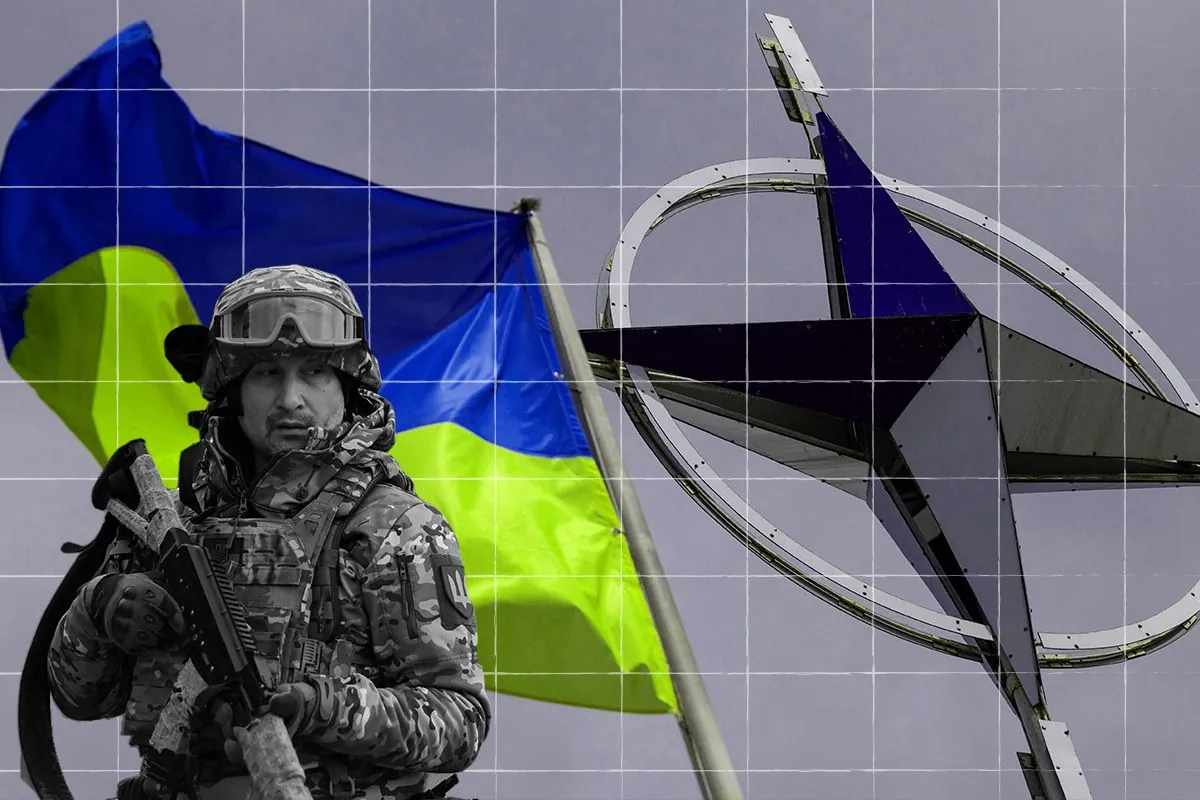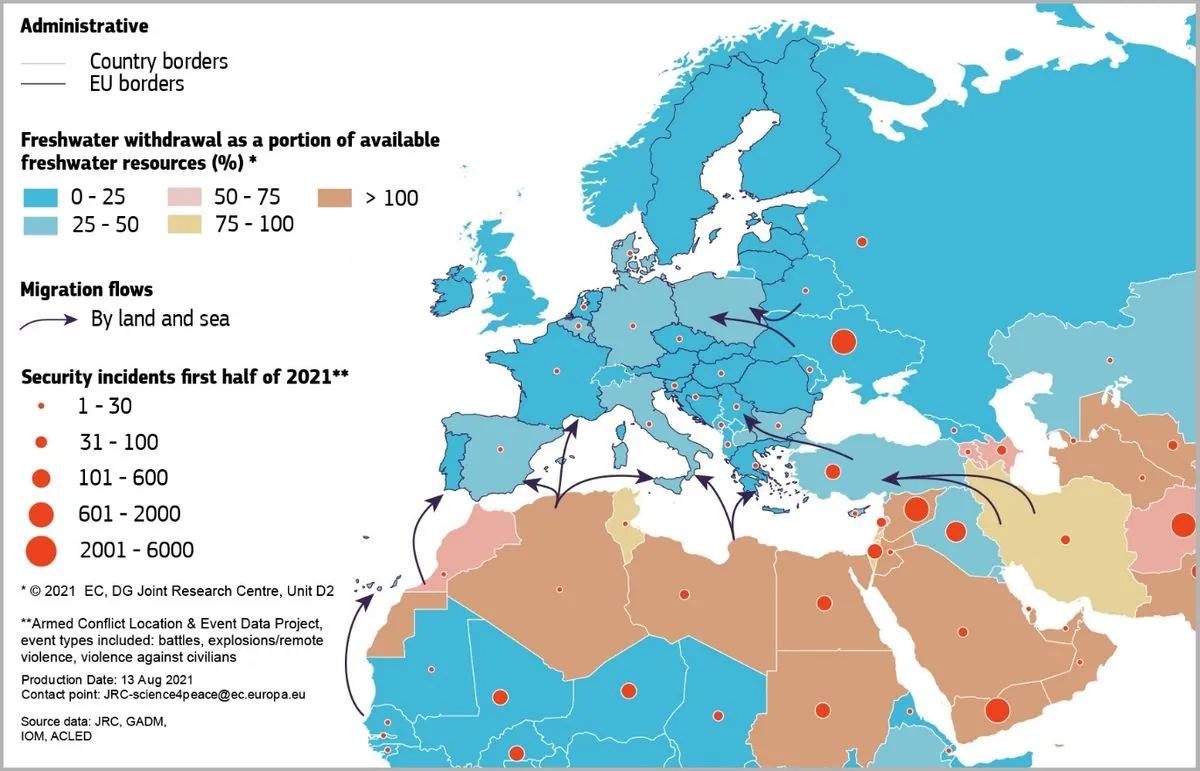EU Defense Centralization: A Potential Threat to European Security
Analysis of the challenges in European defense policy, arguing against EU centralization. Explores divergent threat perceptions, procurement issues, and potential appeasement risks in a unified EU security approach.

The United States requires robust European allies capable of safeguarding Europe's eastern and southern borders against potential threats from Russia and unstable North African regions. While some NATO members, particularly those on the eastern frontier like Poland, Finland, and the Baltic states, have responded positively to calls for increased defense efforts, many European nations continue to fall short of expectations.
Germany, Europe's largest economy, has already begun to backtrack on its promised military upgrade following Russia's invasion of Ukraine in 2022. This situation highlights a growing disparity between European rhetoric opposing Russian territorial ambitions and their actual capacity to address these challenges effectively.
One proposed solution involves expanding the European Union's role in security matters. Proponents argue that pooling resources, centralizing defense procurement, and establishing a common strategy would address the issue of member states not meeting their defense obligations. Some even envision the creation of a joint European military force.
However, this approach may prove counterproductive for two primary reasons:
- Lack of shared threat assessment among EU member states
- Potential for a centralized EU security policy to lead to appeasement
The absence of a unified threat perception among the EU's 27 member states is a significant obstacle. For instance, Rome is primarily concerned with migration from North Africa, while Warsaw focuses on the Russian threat. Paris has interests in sub-Saharan Africa that Berlin does not share. These divergent priorities often result in compromises or inefficient resource allocation across multiple objectives.

Even if the EU were to implement a cohesive defense policy, there's no guarantee it would effectively counter Russia and other revisionist powers. A more integrated union incorporating defense might actually undermine continental security.
The EU's current priorities, such as the European Green Deal aiming for net-zero emissions by 2050, reflect a focus on aspirational goals rather than hard security issues. This approach assumes a continent at peace with ample resources to pursue various ambitious projects.
"A Europe fit for the digital age," "An economy that works for people," "A stronger Europe in the world," "Promoting our European way of life," "A new push for European democracy."
These broad, idealistic objectives demonstrate the challenges in achieving consensus among the EU's diverse membership on concrete security matters.
Furthermore, centralizing EU security policy could potentially empower member states favoring appeasement. Germany, with its history of mercantilism and "change through trade" philosophy, and France, despite Emmanuel Macron's recent hardline stance towards Russia, have traditionally preferred engagement over confrontation with rivals.
An EU-wide security approach might end up less effective than the sum of its parts by allowing a pro-appeasement bloc to overrule the more robust defense policies of Central and Eastern European countries.
Individual European nations making independent security decisions are more likely to enhance deterrence and maintain Europe's trans-Atlantic orientation. This approach allows countries from the Nordic states to the Black Sea, who view Russia's neo-imperialist threat as their primary security concern, to align on arming up, deterring the Kremlin, and maintaining strong ties with the United States.
National-level defense procurement also offers advantages over EU centralization. Countries can quickly acquire necessary weapons, even from non-EU sources, as demonstrated by Poland's purchase of US aircraft and South Korean tanks. This flexibility is crucial given the immediacy of current threats and the need to rapidly bolster defense capabilities.
In conclusion, it is in Washington's interest to support a strong European frontier that doesn't require extensive US deployment. This goal is more likely to be achieved by continuing to support individual allies rather than pushing for a centralized EU security approach.


































